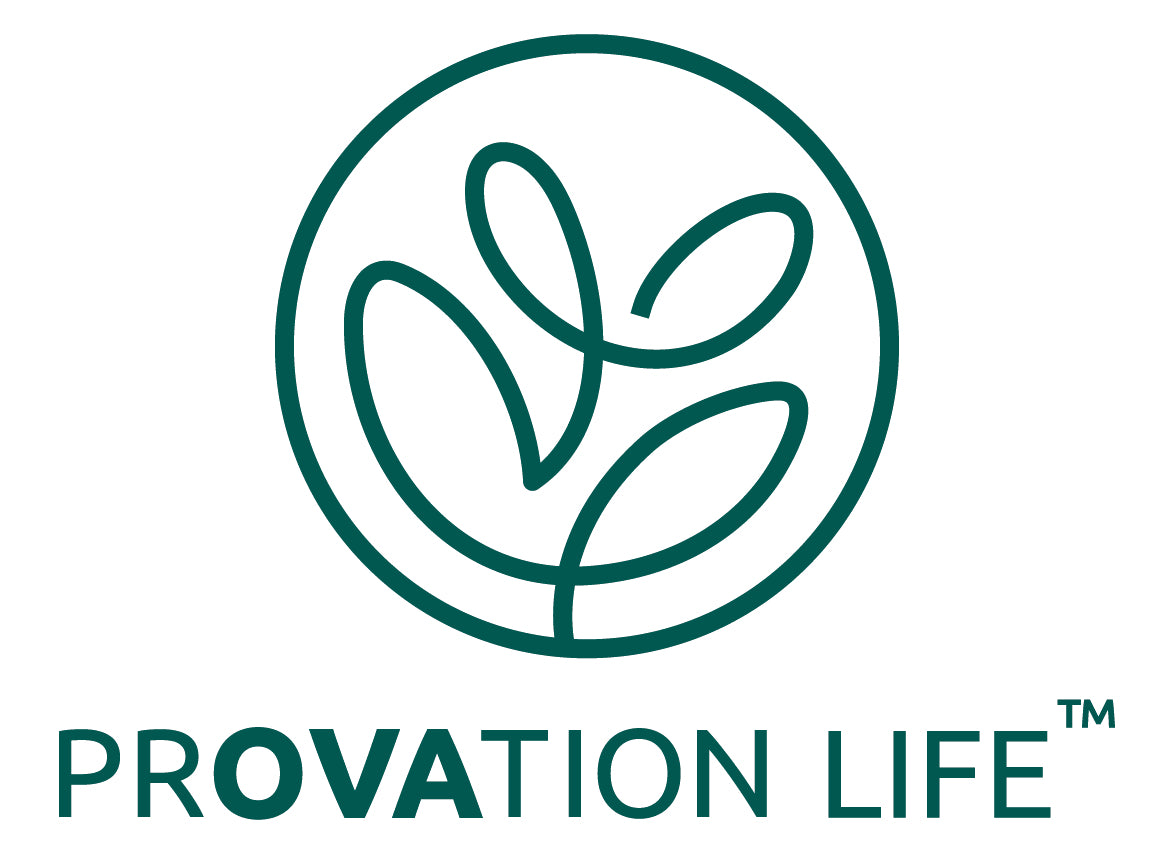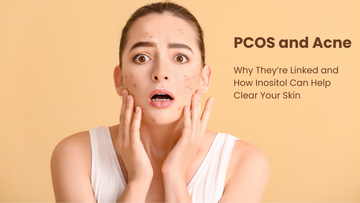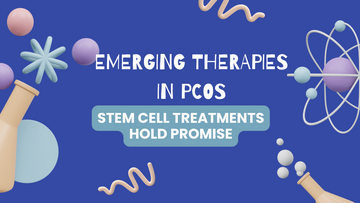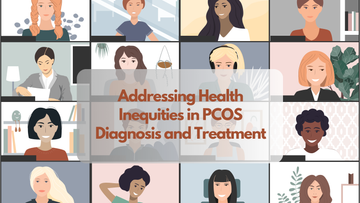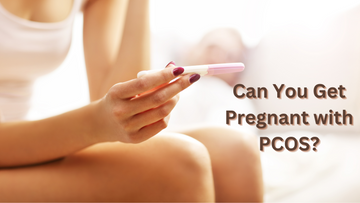Many of my patients ask about the connection between PCOS and hunger pangs. Often they describe a healthy diet and food choices yet they cannot seem to get over the cravings, especially soon after they eat. Unfortunately, an increase in appetite can definitely be a symptom of polycystic ovary syndrome.
PCOS is a hormonal disorder that affects many women of reproductive age. In fact in the U.S. alone, an estimated 5 to 6 million women have PCOS. Characterized by the presence of follicles and cysts on the ovaries, irregular menstrual cycles, and hormonal imbalances. One of the common symptoms associated with PCOS is an increased appetite or difficulty in managing hunger, and in controlling weight gain. My patients are often very frustrated after trying to do everything right and cannot maintain their proper weight. Helping them understand the underlying causes of the PCOS and the overlap with insulin resistance is the first step, and is key to helping them take the necessary steps to getting themselves moving in the right direction.
The exact reasons behind increased hunger in PCOS are not fully understood but it is thought to be caused by hormonal imbalances, such as high levels of insulin and insulin resistance. Insulin is a hormone that regulates blood sugar levels, but in PCOS, the body may have difficulty using insulin effectively, leading to higher insulin levels. This can stimulate appetite and contribute to increased hunger. The higher insulin drops the glucose effectively and quickly and then shortly after eating the cravings hit.
Additionally, PCOS can affect the production and balance of other hormones, such as leptin and ghrelin, which regulate appetite and satiety. Disruptions in these hormones may result in an increased desire for food and reduced feelings of fullness.
Inositol and Hunger Pangs
Inositol, particularly Myo-inositol, has been studied as a potential treatment for PCOS due to its involvement in insulin signaling and its impact on various metabolic processes. There is much research that suggests that inositol supplementation may help improve insulin sensitivity, restore menstrual regularity, and reduce symptoms of PCOS, including difficulty in maintaining a healthy weight. The more sensitive the body is to the insulin the less of a spike and resultant drop in glucose which leads to less cravings. Quite a few patients that newly started on inositol reported they had significantly decreased their appetite and in fact lost weight in a few weeks.
Given the potential benefits of inositol on insulin sensitivity and metabolic health, research is showing that Inositol could indirectly influence hunger sensations by helping to regulate blood sugar levels and improve overall metabolic function. Additionally, some individuals have reported decreased appetite or reduced cravings when taking inositol supplements, although individual responses can vary.
It's important to note that not all individuals with PCOS experience increase hunger. Each person's experience with PCOS can vary, and symptoms may differ from one individual to another. If you have concerns about your hunger levels or other symptoms related to PCOS, it is recommended to consult with a healthcare professional who can provide personalized advice and guidance based on your specific situation.
Related resources:
